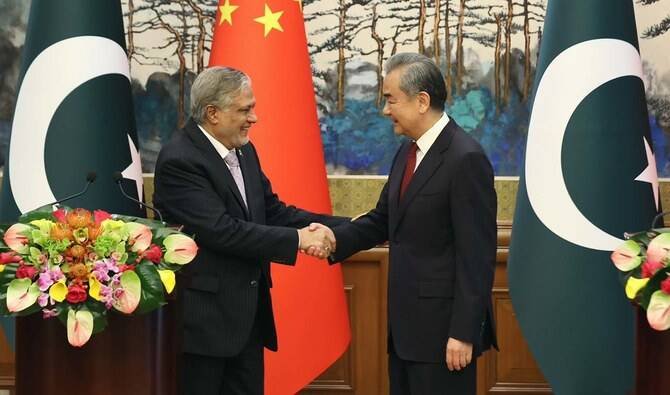Three-Day Visit to Address Peace, Trade, and Strategic Ties
Deputy Prime Minister and Foreign Minister Ishaq Dar has left for a key official visit to Beijing, where he will engage with Chinese leadership from May 19 to 21. The visit comes against the backdrop of a recently established ceasefire between India and Pakistan, prompting broader diplomatic recalibration in the region.
Invited by Chinese Foreign Minister Wang Yi, Dar is joined by Mohammad Sadiq, Pakistan’s special envoy on Afghanistan affairs, signaling that the agenda goes beyond bilateral ties.
Focus on Bilateral and Regional Stability
The Ministry of Foreign Affairs confirmed that Dar will meet with Chinese leadership to deliberate on a wide range of issues, including:
- The current Pakistan-China bilateral framework
- Regional peace and stability in South Asia
- Security cooperation and infrastructure development
- Updates on China-Pakistan Economic Corridor (CPEC) projects
Dar’s itinerary includes high-level engagements, including a meeting with Premier Li Qiang, which will likely touch on foreign investment and industrial collaboration in Pakistan.
Trilateral Talks with Afghanistan in Spotlight
A major highlight of the visit is a trilateral meeting involving China, Pakistan, and Afghanistan, scheduled for May 20. The agenda reportedly includes:
- Enhancing mutual trade
- Strengthening counterterrorism cooperation
- Addressing border security concerns
Sources confirmed that Afghanistan’s acting Foreign Minister Amir Khan Muttaqi will also participate in the session hosted by Chinese Foreign Minister Wang Yi.
Strengthening Diplomatic Ties Post-Tension
This visit is being viewed as a critical moment for Pakistan’s foreign policy posture. The diplomatic community has noted that the China visit symbolizes Islamabad’s alignment strategy in response to shifting regional alliances, especially following recent friction with New Delhi.
Experts believe this trip may shape future security partnerships and influence infrastructure connectivity in the wider Central and South Asian regions.
